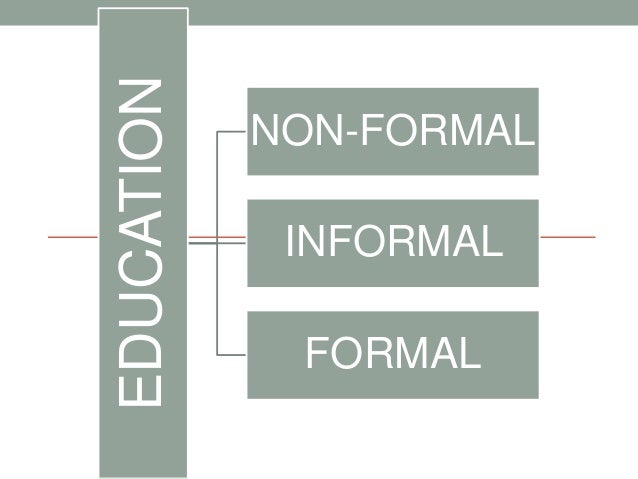

Non-formal learning is an extensively used and intensely debated notion in the youth field. In Erasmus+ projects ( training courses, youth exchanges, seminars etc) someone would face the Non- formal way of learning. Non- formal Education and Erasmus+ projects The ‘trainer’ is simply someone with more experience such as a parent, grandparent or a friend. Informal learning – No formal curriculum and no credits earned. Continuing education courses are an example for adults. Though it doesn’t result in a formal degree or diploma, non-formal education is highly enriching and builds an individual’s skills and capacities. This type of education may be led by a qualified teacher or by a leader with more experience. Non-formal learning – Organized (even if it is only loosely organized), may or may not be guided by a formal curriculum. Teachers are usually trained as professionals in some way. In non-formal education, a variety of approaches are used to establish classroom rules and to facilitate the flexibility of the learning process.Formal Education – photo credit: National Cancer Instituteįormal education is the organized, guided by a formal curriculum, leads to a formally recognized credential such as a high school completion diploma or a degree, and is often guided and recognized by government at some level. In formal education, a set of predetermined and uniform rules and procedures are applied to the various aspects of the curriculum. The learning process in both formal education and non-formal education involves a structured process. A formal education also requires periodic review and assessment of a student’s performance based upon established criteria.

An organized system of teaching and learning allows for learners to progress through the course at their own pace. Learning activities progress from the most basic level to more complex levels with a focus on the learner’s progress toward a goal. The learning process follows a prescribed order and is a significant part of the curriculum. Students can self-select books, but the majority of work is provided through a teacher-approved syllabus.Īn environment within a formal education is defined by fixed rules and discipline. The curriculum consists of books, workbooks, lesson plans, lectures, activities, quizzes, tests, notes cards, computer work and other related reading material and activities. It does not involve a strict classroom setting and is commonly called private education. Private education is most often self-taught or taken through homes. In informal education, children learn most effectively through interactive and experiential methods, which are more suited to their learning style.

Many children start attending kindergarten classes before completing the five-year compulsory schooling program. Informal education usually takes place outside of formal school settings. Informal education is often seen as the “side” of formal education. For those who wish to pursue higher education, formal schooling will provide the necessary foundation to better their education. Formal schooling generally involves teaching, study, demonstration, discussion, and supervised research. Formal education generally lasts for four years at a university. Formal schooling occurs in schools, colleges or universities. There are three major types of education: formal, informal, and private education. If one is not happy with their education, there are many aspects that can affect the learner such as behaviour problems, low self-esteem, poor academic performance, low self-confidence, and even psychological disorders such as depression, fear of losing control, withdrawal from friends and social groups, and other negative emotions. Education helps us grow as individuals and also enriches our society as a whole. It not only helps us to learn new things, but also improve upon our existing knowledge. Education is an important concept that has shaped the way we live today.


 0 kommentar(er)
0 kommentar(er)
